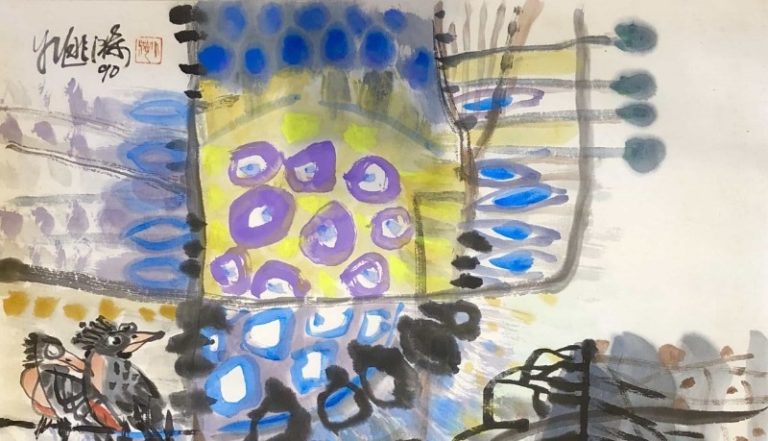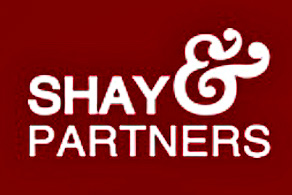
- Artist : Mr. Chau-yih Yu
In May 2017 the National Communications Commission (NCC) once again issued a public alert to encourage mobile users of 2G and 3G global system for mobile communications (GSM) services to transfer to a 4G mobile broadband service. The NCC has been coordinating the process with existing 4G mobile broadband service operators, which have been simultaneously operating 2G and 3G services to achieve a seamless transfer from 2G and 3G to 4G by June 30 2017.
As a result of significant promotion of 4G services initiated by all existing mobile broadband operators, the number of 2G users dropped from 500,000 in December 2016 to 220,000 in May 2017. The NCC specifically addressed its concern regarding the following:
- • more than 20 governrment agencies, central and domestic, have long been using 2G GSM services for quasi-Internet of Things purposes (eg, traffic control and environment detection); and
- • around 26,000 car phone users have not yet changed over the 2G services embedded in their in-car anti-theft systems.
On December 31 2018 3G services are scheduled to end. The NCC has urged the public to note that service migration from 3G to 4G will take place in 2018 and has advised that a one-time leap to upgraded services would cost much less time and expense for existing 3G subscribers. The 4G subscription accounts for approximately 67% of total mobile communication or 20 million subscribers, while the number of 3G subscribers has fallen below 9 million.
The NCC is planning to release more frequency for 4G mobile broadband services. In addition to the 1,920 megahertz (MHz) to 1,975MHz and 2,110MHz to 2,165MHz bands used by the 3G service, 1,975MHz to 1,980MHz, 2,165MHz to 2,170MHz, 1,770MHz to 1,785MHz and 1,865MHz to 1,880MHz bands will open for bidding, which would make a total of 150MHz bandwidth available in the November 2017 auction.
A total of 460MHz bandwidth has been taken by five mobile broadband service operators in Taiwan. With the input of a further 150MHz by the end of 2017, the NCC hopes that many more mobile applications – including mobile payment, mobile ticketing, telemedicine, mobile homecare and mobile learning – will be booming in 2018 and beyond.
The materials contained on this website are for general information purposes only and are subject to the disclaimer.

